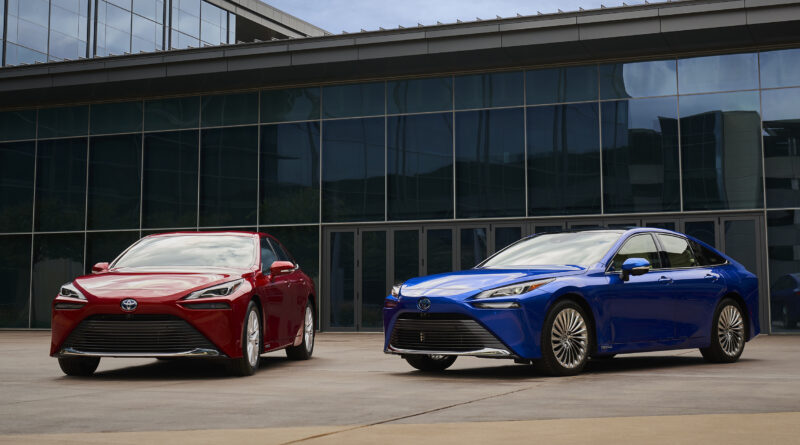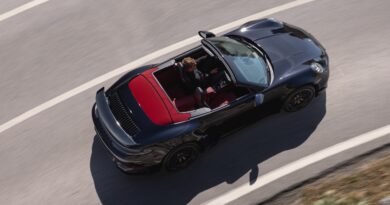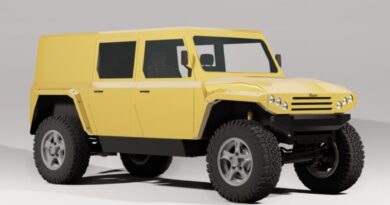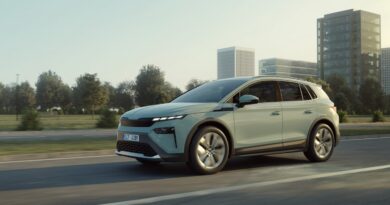Toyota Mirai fuel cell electric vehicle coming in 2021
The Toyota Mirai will become the second hydrogen fuel cell electric car to arrive in Australia when a batch of 20 are imported early in 2021.
Toyota today confirmed it will bring 20 of the upcoming second-generation Mirais into Australia in the first quarter of 2021 – months after Hyundai imported its rival Nexo FCEV.
Toyota cannot say whether it will sell or lease the Mirais – which translate to “future” in Japanese – only confirming that they will not be sold to the public and will instead go to “select business and government fleets”.

Pricing hasn’t been revealed but is likely to be around $80,000, approximately double that of a petrol-powered equivalent.
Toyota also isn’t saying what part of the country the 20 cars will go to – given the lack of refueling infrastructure it’s a serious consideration – although having them close to the upcoming hydrogen station being built near Toyota’s Centre of Excellence at Altona on the outskirts of Melbourne seems to make sense.
Despite selling more diesel-powered vehicles than any other brand and not currently having any electric vehicles on sale in Australia (it instead focuses on hybrids) Toyota Australia vice president of sales and marketing Sean Hanley says it is “committed to accelerating the popularity and diversity of electrified vehicles that reduce CO2 emissions and air pollution”.
“The best way to demonstrate the long-term viability and environmental benefits of hydrogen-powered fuel-cell electric vehicles is to supply cars to local industries and governments that share our vision of a zero-emission future,” said Hanley.
Fuel cell a crucial part of EV mix
In 2016 Toyota imported three of the original Mirais into Australia as a means to spruik the technology to governments and fleets.
Instead of using batteries to store electricity FCEVs have carbon fibre tanks storing hydrogen, which is rich in energy that is then converted to electricity using a chemical reaction; the only emission is water.
Hydrogen refueling stations are currently being planned or constructed for Canberra, Melbourne, Sydney and Perth.
While battery electric vehicles are expected to make up much of the incoming EV demand over the next decade or more, fuel cell technology is seen as useful for certain applications, such as heavy trucking and for remote areas where range or towing capability is limited for rechargeable vehicles.
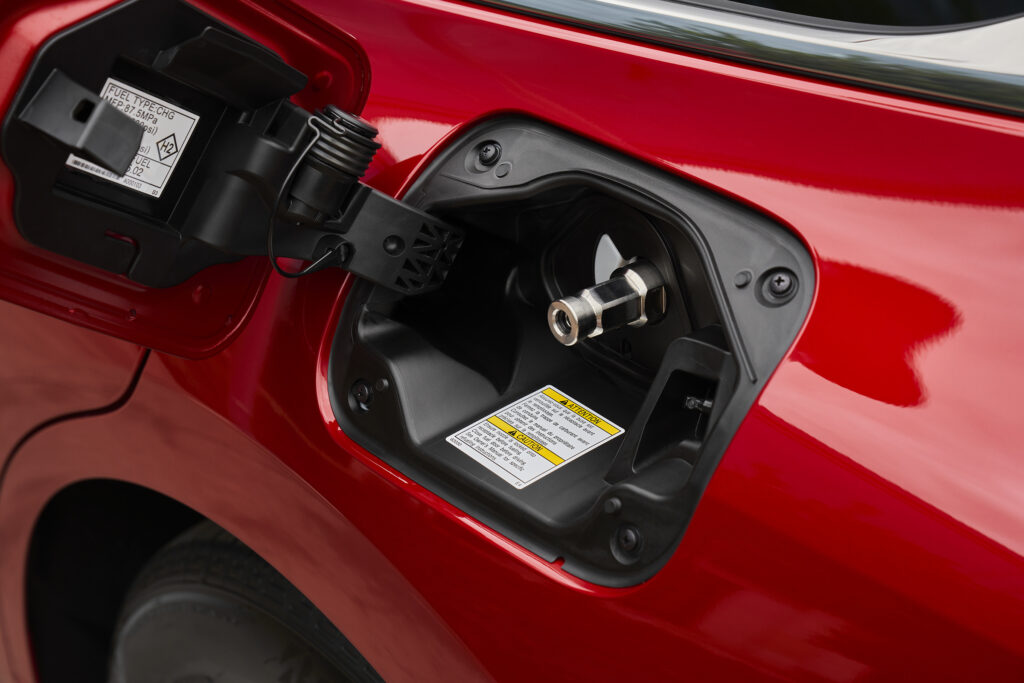
Some believe fuel cell electric car technology could be eventually be viable for many Toyotas, such as the Hilux ute and Prado and LandCruiser four-wheel drives. The ability to refuel quickly and have a long driving range without the expense and weight of big battery packs makes towing easier, too.
Toyota has committed to a hybrid or electric version of most of its vehicles – including the Hilux – by 2025.
New Mirai advances design, tech
The second generation Mirai that will be unveiled late in 2020 is less challenging visually than that original one and has various technical innovations.
Instead of two hydrogen tanks there are three, allowing for better packaging and five seats (up from four).
Instead of driving the front wheels the electric motor drives the rear wheels of the new Mirai.
It also includes more advanced infotainment, bringing into line with other Toyotas.

Crucially, the new generation Mirai will be fully certified for sale in Australia, rather than going through a low volume import scheme, as happened with that original handful of cars.
As well as paving the way for higher sales volume throughout the car’s life – should Toyota decide to put them on general sale – it also means the Mirai will not be able to be “grey imported” by boutique companies. The original Mirai can be independently imported into Australia through a grey import schemes.
Toyota will also have to ensure dealers and emergency services know how to deal with the relatively new fuel cell technology.
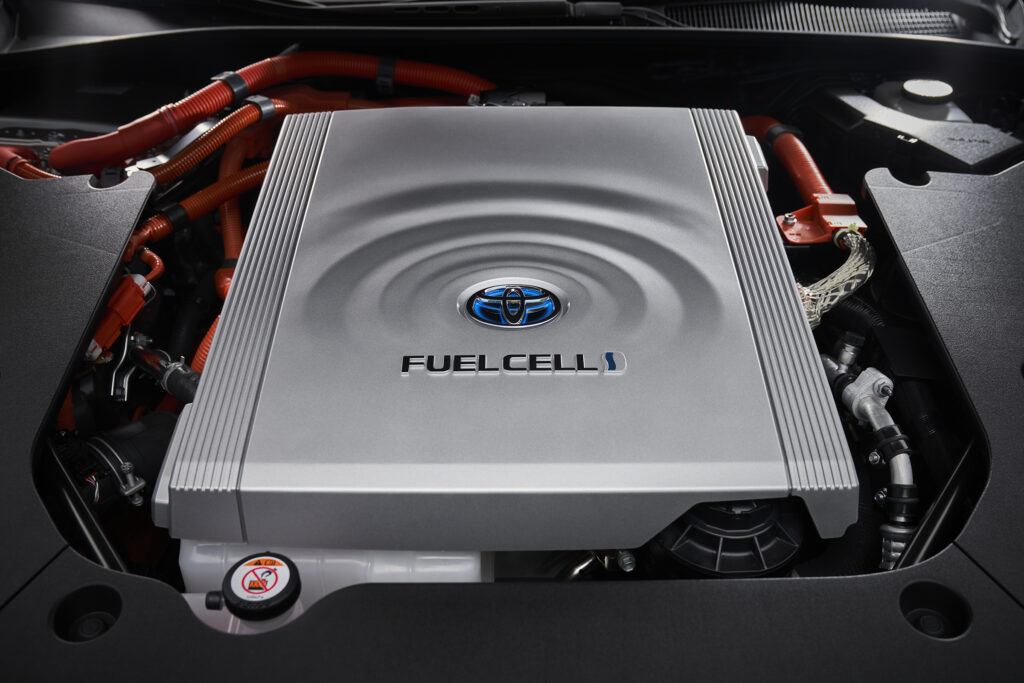
Hyundai Australia general manager of public relations, Bill Thomas, welcomed the arrival of the Mirai.
As one of the leaders in fuel cell tech in Australia Hyundai is keen for more to understand about the technology.
“It’s terrific that Toyota’s investing in this technology and bringing these cars in,” said Thomas.

